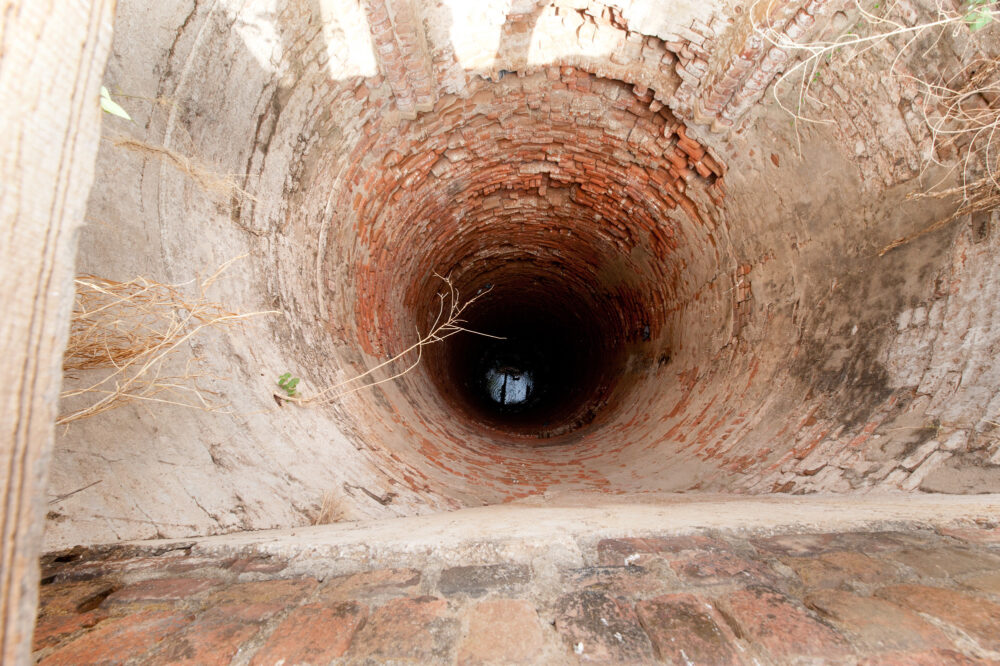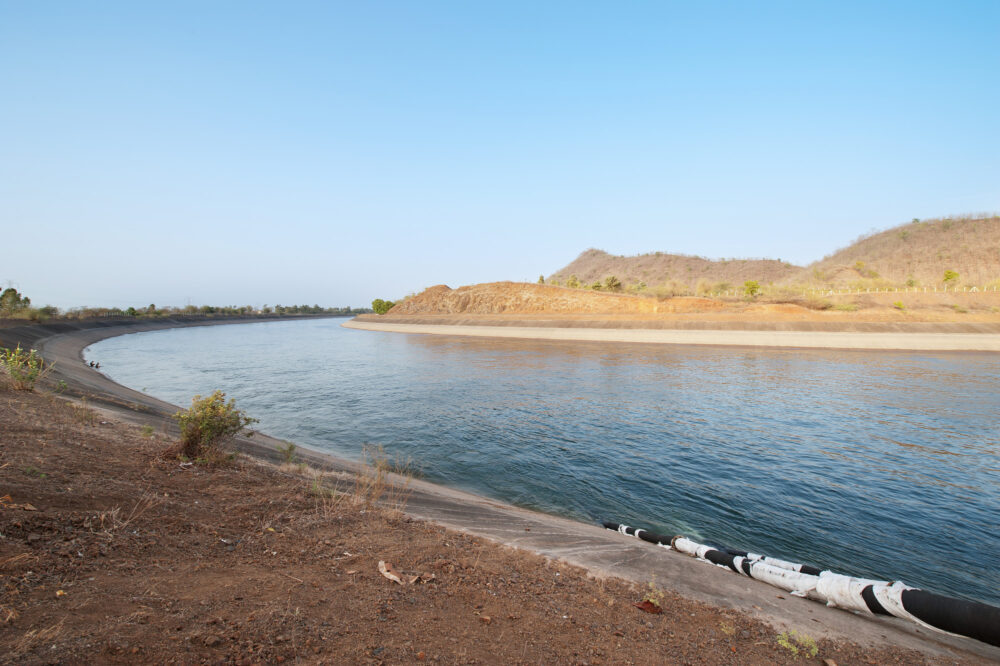By Mansi Tripathi, Sahana V. & Alok Sikka

UN-Water has rightfully defined water security as the ability of a population to have sustainable access to acceptable qualities of and enough water for livelihoods, human well-being and socioeconomic development. Water security also ensures guaranteed protection against water-related negative externalities such as water pollution, water-borne diseases and water-related disasters for maintaining ecosystems in an atmosphere of peace and political stability. Water insecurity is a threat to the economy, society and environment. Water security is a catalyst for other forms of security, which eventually contribute to communities that are more resilient, peaceful and secure.
Water can be used to foster peace and harmony and lead to collaboration in various capacities by acting as a vehicle for peaceful coexistence and cooperation at both inter- and intra-country levels. The 2030 Sustainable Development Goals (SDGs) place a particular emphasis on global peace and justice (Goal 16) and the advancing of inclusive institutions, peaceful societies, and access to justice. Countries have also been urged to increase their commitments to utilize water as a major instrument for mobilizing other securities and promoting peace and cooperation in otherwise fragile or sensitive geographies.
Promoting water security in India
With only 4% of the world’s water resources to support 18% of the world’s population, the issue of water security becomes particularly precarious for India. The situation becomes even riskier with reliance on the monsoon, particularly now that climate change is altering hydrology. Therefore, it is critical to improve India’s water security by implementing more transparent, incentive-based systems, strengthening governance and finding sustainable financing for water infrastructure. Tackling water security in India requires a multifaceted strategy including individual acts, community involvement, as well as government policies, programs and regulations.
Along with its partners, IWMI has been actively working to create products that promote and contribute to the achievement of long-term water security. The essential elements of an agricultural revolution such as improving water use efficiency, utilization of climate-smart agriculture technologies and strengthening agri-product market value chains have made India an “agricultural powerhouse.” The International Water Management Institute (IWMI) has also worked on enhancing economic water productivity in the canal irrigation system to assess irrigation performance and recommend strategies for improving water productivity.
Similarly, water accounting has been put into practice in the development of minor irrigation projects in West Bengal. Projects such as the Built Water Storage and Water Security and Climate Adaptation (WASCA) have helped in supporting water resource management planning for building resilience and achieving improved water security.
At the policy level, the IWMI-TATA Water Policy Research Program focuses on converting scientific research into actionable water, energy and agriculture policies. Co-creation of demand-driven policies with national institutions through the CGIAR Initiative on National Policies and Strategies, is an effort towards systems transformation for a sustainable future.
Similarly, Solar Irrigation for Agriculture Resilience (SoLAR) project promotes sustainable solar irrigation while managing water, energy and climate interlinkages. In parallel, Solar Energy for Rural Livelihoods (SE4RL) has worked to catalyze and support improved decision-making in the process of scaling and mainstreaming the solarization of agriculture in India.
Research products like the South Asia Drought Monitoring System (SADMS) portal support drought risk mitigation and enable timely action by government authorities and development organizations.
Through the diverse lens of 11 bilateral projects and six CGIAR Initiatives that are now underway in 16 of the 28 states in India, IWMI is helping to ensure overall water security leading to peaceful cooperation and co-existence.

Water, peace and the way forward
It is in the global interest to safeguard and conserve water by acknowledging it as a vital resource and human right. Water cooperation can have a positive ripple effect. Collaboratively managing common water resources can foster relationships and avert disputes, underscoring the significance of sustainable and inclusive water management strategies. Local actors are crucial in identifying long-term solutions that support stability and peace. In the end, the stability of the world and the structure of our society depend on us realizing the power of water as a tool for peace, progress and prosperity.
About the authors
Mansi Tripathi is a Researcher – Resource, Recovery and Reuse, IWMI India.
Sahana V. is a Researcher – Water Risk Modeler, IWMI India.
Alok Sikka is the Principal Researcher and Country Representative, IWMI India.


